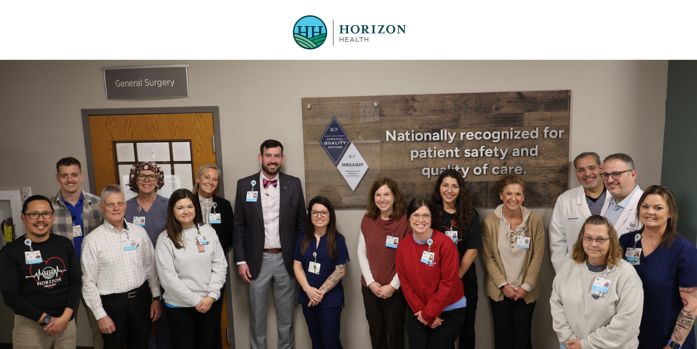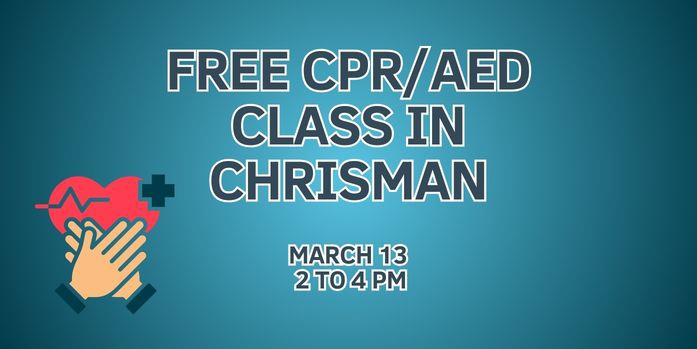Is Alzheimer’s a natural part of aging?
- Category: Blogs, Willowbrook
- Posted On:

Diagnosing Alzheimer’s disease and other types of dementia can be complex and challenging. Early symptoms are often subtle and can be mistaken for normal aging, and there is not a single definitive test to diagnose it.
Worldwide, 55 million people are living with Alzheimer’s and other dementias, according to the Alzheimer’s Association. To better understand these conditions, the Alzheimer’s Association offers the following myths and truths:
Myth: Alzheimer’s and dementia are the same thing
Truth: Dementia itself is not a disease. It is an umbrella term used to describe a collection of symptoms associated with cognitive impairment. Common types of dementia are Alzheimer’s disease, Dementia with Lewy Bodies, vascular dementia, frontotemporal dementia, and mixed dementia. Alzheimer’s is a specific disease and the most common cause of dementia.
Myth: Memory loss is a natural part of aging
Truth: As people age, it is normal to have occasional memory problems. However, Alzheimer’s is more than occasional memory loss. It is a disease that causes brain cells to malfunction and ultimately die, significantly impacting daily life.
Myth: Only older people can get Alzheimer’s
Truth: Alzheimer’s can impact people in their 30s, 40s, and 50s. This is called younger-onset Alzheimer’s because it impacts people under age 65. Of the estimated 7 million people living with Alzheimer’s disease in the US, more than 200,000 of them are younger than age 65.
Myth: Memory problems are always a sign of dementia
Truth: Some people have dementia-like symptoms without the progressive brain changes of Alzheimer’s or other degenerative brain diseases. Causes of dementia-like symptoms include depression, untreated sleep apnea, side effects of medications, thyroid problems, head injury, blood clots or tumors in the brain, certain vitamin deficiencies, and excessive alcohol consumption.
Myth: Certain medications cause an increased risk of Alzheimer’s
Truth: There is no definitive evidence that any medication directly increases the risk of Alzheimer’s or other dementia.
Myth: Getting diagnosed is not important because there are no treatments for Alzheimer’s
Truth: While there is no cure for Alzheimer’s, certain medications can slow its progression. Other drugs may help lessen symptoms. Benefits of a diagnosis include the opportunity to participate in clinical trials and allow more time to plan for the future.
If you or someone you know is experiencing noticeable memory loss, talk to a healthcare provider. Early detection of neurological brain diseases may relieve symptoms and help maintain a longer level of independence.



